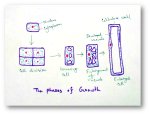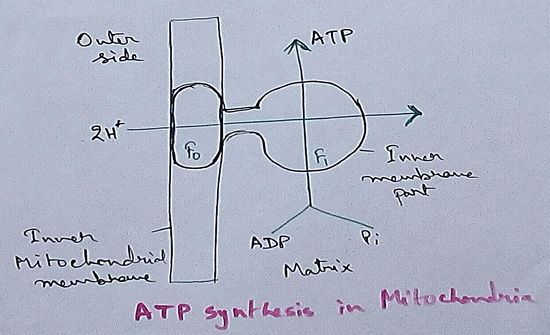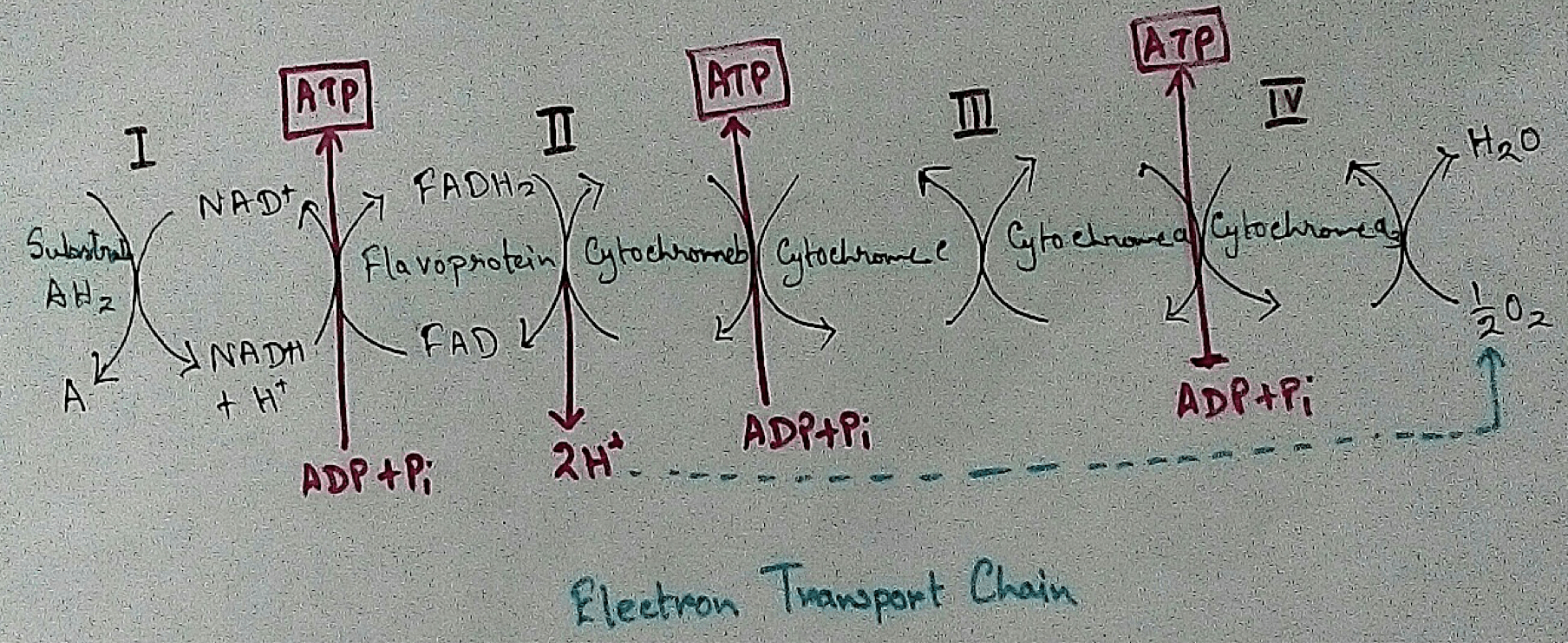Your Headline
Mood in English grammar is the manner or approach with which the sentence is presented.
There are basically three kinds of Mood which we are discussing in this genre:
1. Indicative Mood – This is used to state facts.
2. Imperative Mood - This is used to issue command, orders and instructions.
3. Subjunctive Mood - This is used to state things that are not facts: wishes, possibilities, doubts, suggestions and conditions.
Imperative Mood, in specific is a grammatical structure that forms a command or a request.
For Example:
· Keep Quiet.
· You can keep the change
(Keep being a verb here, the 1st sentence is an example of Imperative Mood. The second being Indicative. Note, the difference in tenor of both the sentences. The word ‘you‘is implicitly understood in the 1st sentence though it is not always explicitly stated.)
Characteristics:
· Imperative Mood can either be a command or a polite request.
· It can be a Command, an advice or suggestion.
· The Imperative sentences does not usually contain a subject as it is understood to be ‘you’. The word ‘you‘may sometimes be mentioned, sometimes left out.
· A euphemistic manner of toning down an Imperative sentence is by adding the usage of the word ‘Please’.
· It is one of the irrealis moods.
· It is used for the purpose of ordering someone or asking someone to do something or to offer advice or to extend encouragement or to render instructions or to make suggestions.
Examples:
· Please maintain silence. (Command)
· Get out! (Command)
· Take the dog out!(Order)
· Come here, immediately! (Command)
· Please take out the garbage. (Instruction)
· Please, pay attention. (Instruction)
· Pass the soup, please! (Request)
· Run for your life! (Order)
· Shout when you see the red flag! (Order)
Imperative sentences are of two types:
1. Affirmative / Positive sentences
They are formed with the infinitive of the Verb without using the word ‘to’.
Examples:
· Take the next right turn.
· Switch off the gas!
2. Negative Imperatives
They are formed with the infinitive of the verb together with do + not.
Examples:
· Do not make noise.
· Don’t drive fast.
|
Infinitive To be To do To eat To drink To go To sleep To stay To stop To study To wait |
Base Be Do Eat Drink Go Sleep Stay Stop Study Wait |
Affirmative Imperatives Be Do Eat Drink Go Sleep Stay Stop Study Wait |
Negative Imperatives Do not be Do not do Do not Eat Do not drink Do not go Do not sleep Do not stay Do not stop Do not study Do not wait |
Points to Consider:
1. The Imperative form is understood as being in the 2nd person, though the pronoun ‘you’ may or may not be present, although at times , it may be included for emphatic reasons with no clarity provided for singular or plural indicators.
Example:
Leave the class !
2. 1st and 3rd person imperatives are expressed periphrastically using the construction “Let’s” (Let us).
Examples:
· Let’s have a drink! (1st person plural imperative)
· Let him/ her/ them rejoice. ( 3rd person imperative)
English Grammar and Composition
From Imperative Mood to HOME PAGE
Recent Articles
-
Explain about Growth in Plants |Definition of Growth & Differentiation
Feb 27, 25 02:07 PM
Growth is a permanent increase in length or volume of an organism that brought upon by an increase in its dimensions due to synthesis of new protoplasmic material. -
Definition of Respiratory Quotient | calculation | Application | Plant
Dec 02, 24 12:09 AM
Definition of respiration quotient- the ratio of the carbon-dioxide evolved to that of the oxygen consumed by a cell, tissue, plants or animals in a given time is called respiratory quotient. It is us… -
Amphibolic Pathway | Definition | Examples | Pentose Phosphate Pathway
Jun 06, 24 10:40 AM
Definition of amphibolic pathway- Amphibolic pathway is a biochemical pathway where anabolism and catabolism are both combined together. Examples of amphibolic pathway- there are different biochemical… -
Respiratory Balance Sheet | TCA Cycle | ATP Consumption Process
Feb 18, 24 01:56 PM
The major component that produced during the photosynthesis is Glucose which is further metabolised by the different metabolic pathways like glycolysis, Krebs cycle, TCA cycle and produces energy whic… -
Electron Transport System and Oxidative Phosphorylation | ETC |Diagram
Feb 04, 24 01:57 PM
It is also called ETC. Electron transfer means the process where one electron relocates from one atom to the other atom. Definition of electron transport chain - The biological process where a chains…





New! Comments
Have your say about what you just read! Leave me a comment in the box below.